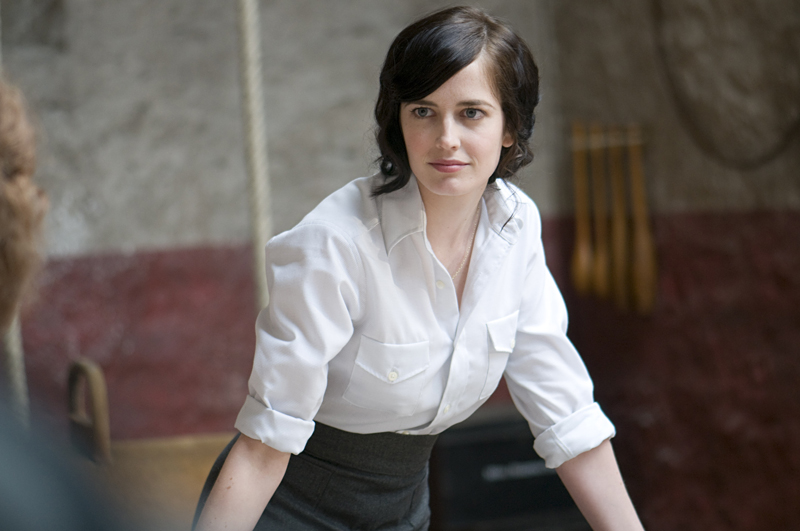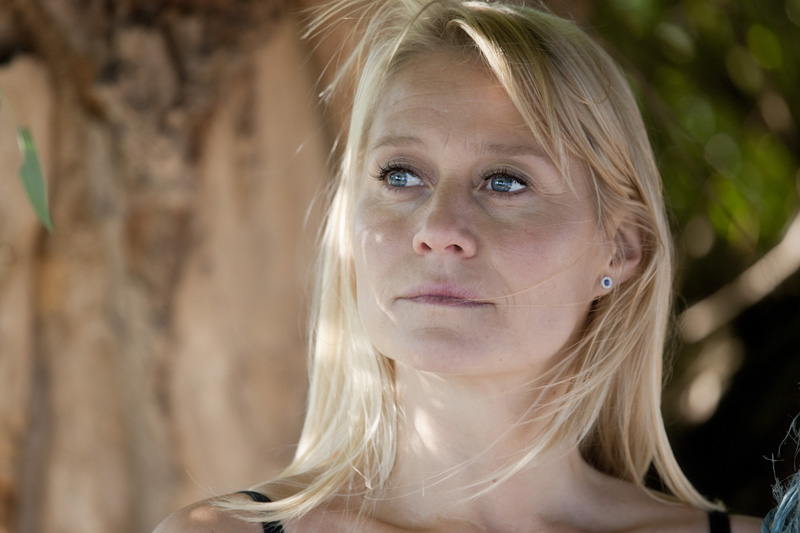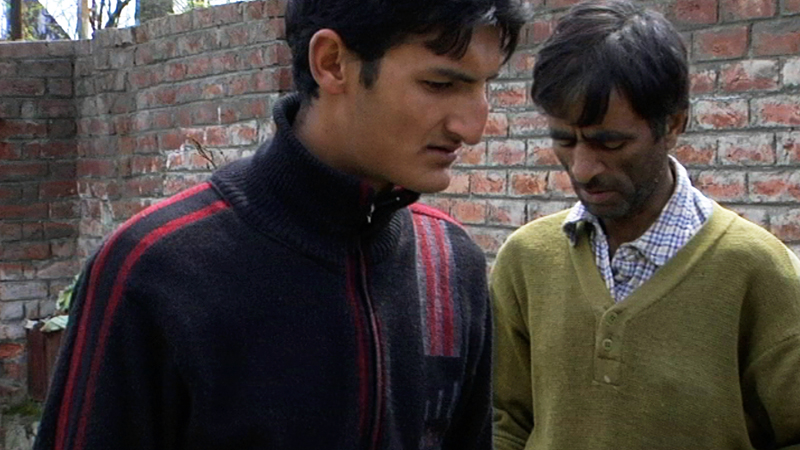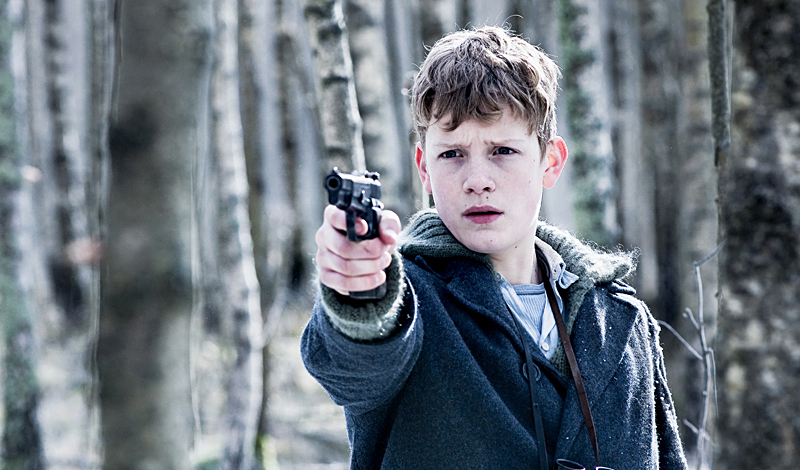If Nora Ephron is the best we can do to restore the glory that once was Hollywood romantic comedy, then perhaps we need another Depression. It was hard times, after all, that spawned Capra, Hawks, and Sturges —directors who knew a lively woman when they saw one and who grasped the sizzling erotic power of verbal warfare.
You’ve Got Mail
directed by Nora Ephron
starring Tom Hanks, Meg Ryan
opens Friday at Pacific Place, Neptune
Or maybe we just need another Ernst Lubitsch, whose wonderful 1940 movie The Shop Around the Corner inspired Ephron’s latest, You’ve Got Mail. Though it’s set in Budapest, The Shop Around the Corner, which stars James Stewart and Margaret Sullavan as sparring salesclerks in a small novelty store, is a deceptively breezy comedy of American manners about two people so in love with their own abstract notions of love that they fail to recognize the real thing when it bops them on the nose. Glib, ingratiating and likable in a topsoil kind of a way, You’ve Got Mail skims off just enough Lubitsch for its primary purpose—to reprise the massive (and massively undeserved) success of Sleepless in Seattle. Like Shop, the Ephron version (Nora directed and co-wrote with her sister Delia) turns on the conceit of a love affair developing by pseudonymous correspondence even as the letter writers meet and work up a head of mutual antagonism, until one of them accidentally discovers that his shrill nemesis is one and the same as his tender pen pal, and acts accordingly.
The great romantic comedies of the 1930s and early ’40s were also formally sophisticated inquiries into the sexual mores of their time, spiked with an egalitarian comradeship of intellect, emotion, and wit that swept away the imbalances of class and gender between men and women. Although The Shop Around the Corner‘s protagonists are members of the service class whose fight to get and keep their jobs is part and parcel of their testy courtship, the eloquence of Samson Raphaelson’s screenplay, coupled with the fluid grace of Stewart’s and Sullavan’s acting, turns the reluctant lovebirds into patrician orators. Sullavan goes forth to meet her blind date carrying a carnation and a copy of Anna Karenina, and the cafe encounter that follows between her and Stewart is one of the most beautifully choreographed set pieces in the history of romantic comedy, rife with cruelty, kindness, comic misunderstanding, literary allusion, and the desperate pride of two lonely people. Where Samson Raphaelson wrote dialogue for the irritable quarrels and ardent letters that plausibly conveyed two strong wills struggling for common ground, the Ephron sisters write one-liners whose net effect is to trivialize not just a love growing against the odds, but everything else that is supposed to matter in their comfortable old shoe of a movie.
Lubitsch’s brand of practiced urbanity may no longer be in the cards. For one thing, conned by media hype to fear the metropolis as a dangerous jungle or homogenized juggernaut, drained of the rich particularity of local community, we no longer love our cities. To the extent that You’ve Got Mail has a theme, it’s the corporatization of urban culture. Cinematographer John Lindley has shot the Ephron sisters’ beloved Upper West Side—Manhattan’s most lasting organic urban village, littered with small specialty stores and crowds thronging the streets day and night—with a luminous warmth that’s shadowed by the looming specter of Starbucks and superchain bookstores. On the small-is-beautiful side sits Kathleen Kelly (Ryan), devoted proprietor of a children’s bookstore, who gives dramatic readings to awestruck tots and knows her stuff from Noel Streatfeild to Roald Dahl. Around the corner looms big business in the form of a Barnes & Noblestyle giant, complete with cappuccino franchise, owned by mogul Joe Fox (Tom Hanks).
Little knowing that they’re already chat-room friends, Joe and Kathleen keep crossing paths—and swords—as Joe’s behemoth drains the life and soul out of Kathleen’s business. Even without their class war, Joe and Kathleen aren’t an intuitive match. He takes his inspiration—and his business practices—from The Godfather, while she takes hers from Jane Austen. He goes to swank literary soirees with his black-clad girlfriend, Patricia (Parker Posey, hyperventilating as usual), a book editor. Kathleen prefers to loll around at home in floppy socks with her beau, Frank Navasky (Greg Kinnear), a radical columnist waggishly named for the editor of The Nation. Joe’s family is a ’90s disaster (Dabney Coleman is wasted as the cynical father who has married a string of unfaithful younger wives); Kathleen’s is the cozy domestic unit of the shop staff.
The point of all this is to saddle two already ill-matched people with more and more obstacles, then knock them all down in the name of a passionate intimacy that knows no social barriers. Yet it’s not chemistry, not even sexual hostility, that charges the air between Hanks and Ryan. She’s cute, he’s amiable; together they generate about as much electricity as a long-married couple parked in front of the telly.
For Lubitsch, comedy was serious business. He understood all too well the desperation that underpinned the public appetite for romantic comedy, and cleverly incorporated it. Nothing bites in You’ve Got Mail as it does in The Shop Around the Corner, which includes a suicide attempt and some coruscating satire on the American way of commerce. The omnipresence of Starbucks, AOL, and the book chains, ever so gently lampooned, comes to seem more like product placement than a suggestion of corporate menace. When Kathleen loses her livelihood, she sheds a few tears with the cardboard cutouts who pass for her employees, then retreats to bed with a cold and waits for rescue, which is not long in coming. In The Shop Around the Corner, what brings Stewart and Sullavan together, in part, is the shared terror of job loss. The book that Klara hefts to her blind date is a novel whose heroine winds up under a train. No such glum prospects for Kathleen, who heads for the cafe clutching Pride and Prejudice, and whose destiny it is to skip to the right side of the tracks for love of a reluctantly decent man with a vast fortune.
What is it with us girls, millions of whom fork over good money to see the likes of Pretty Woman and You’ve Got Mail, in which perfectly capable women drop everything, panties included, for men whose chief virtues are their deep pockets? When everything turns out hunky-dory in You’ve Got Mail, it’s all so goddamn nice (to the tune of “Somewhere over the Rainbow,” if you please), you quite forget that this is the wrong ending altogether, that Kathleen has fallen for the wrong guy, that if she knew which way was up she’d tell that big fat filthy capitalist to go bottom-line himself, stay put with that Navasky guy, and live happily ever after writing kiddie-book reviews for The Nation.







